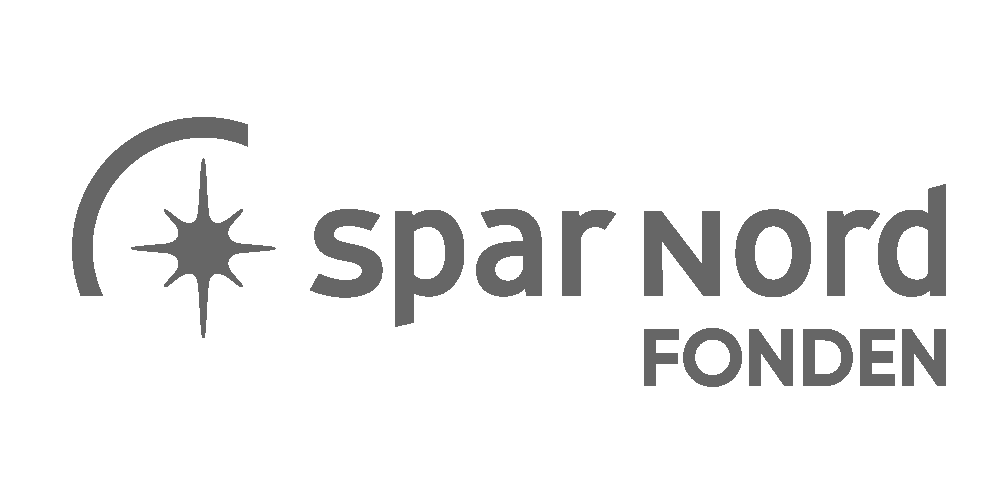Nordic Sustainability supported Spar Nord Fonden in enhancing its sustainability readiness ahead of CSRD-compliant reporting and implementation in 2026 (pre-dating the Omnibus proposal). The collaboration focused on building internal capacity, identifying key sustainability risks and opportunities, and laying the groundwork for future reporting and action.
The brief
Spar Nord Fonden partnered with Nordic Sustainability to clarify sustainability priorities and obligations under the CSRD. The project aimed to build a strong foundation for compliance while also enhancing internal understanding of sustainability issues relevant to the organisation’s operations and its relationship with Spar Nord Bank. In addition to a tailored double materiality assessment, the project included work on greenhouse gas (GHG) accounting and broader sustainability capacity building.
Our approach
The project followed a two-phase structure, covering:
- Own operations – focused on understanding the foundation’s internal sustainability context, including GHG emissions and operational risks.
- Value chain – examined the foundation’s connection to Spar Nord Bank, its primary value chain stakeholder, and explored how sustainability risks and impacts manifest through this relationship.
Both phases employed a methodology informed by the EU Corporate Sustainability Reporting Directive and European Sustainability Reporting Standards (ESRS). Findings were validated with both internal and external stakeholders.
Spar Nord Fonden’s primary business activity, within its own operations, is grantmaking. However, the Danish implementation of CSRD currently excludes the assessment of impacts, risks, and opportunities (IROs) related to grants. Nonetheless, Nordic Sustainability explored how such IROs could be evaluated in the future.
In assessing the organisation’s value chain, Nordic Sustainability focused largely on the foundation’s relationship with Spar Nord Bank, in which it holds substantial shares.
For the GHG inventory, the own operations was likewise the primary focus, incl. the foundation’s procurement, its energy use, how employees transport themselves etc. Further, a framework for qualitatively assessing the climate impact of grantmaking was created.
Result
As a key outcome, the Spar Nord Fonden team has an awareness of material impacts and risks both in their own operations and in the value chain, and can refer to a well-documented and researched assessment supported by scoring keys and a scoring tool.
The project also included the development of a greenhouse gas (GHG) inventory, providing the organisation with a baseline for emissions tracking.
Additionally, the project team significantly deepened its knowledge of sustainability topics and their relevance to the foundation’s activities.
Throughout our collaboration with Nordic Sustainability, we have engaged in a highly professional and insightful dialogue. Their analytical depth and comprehensive understanding of our obligations as a foundation have been of considerable value to us

